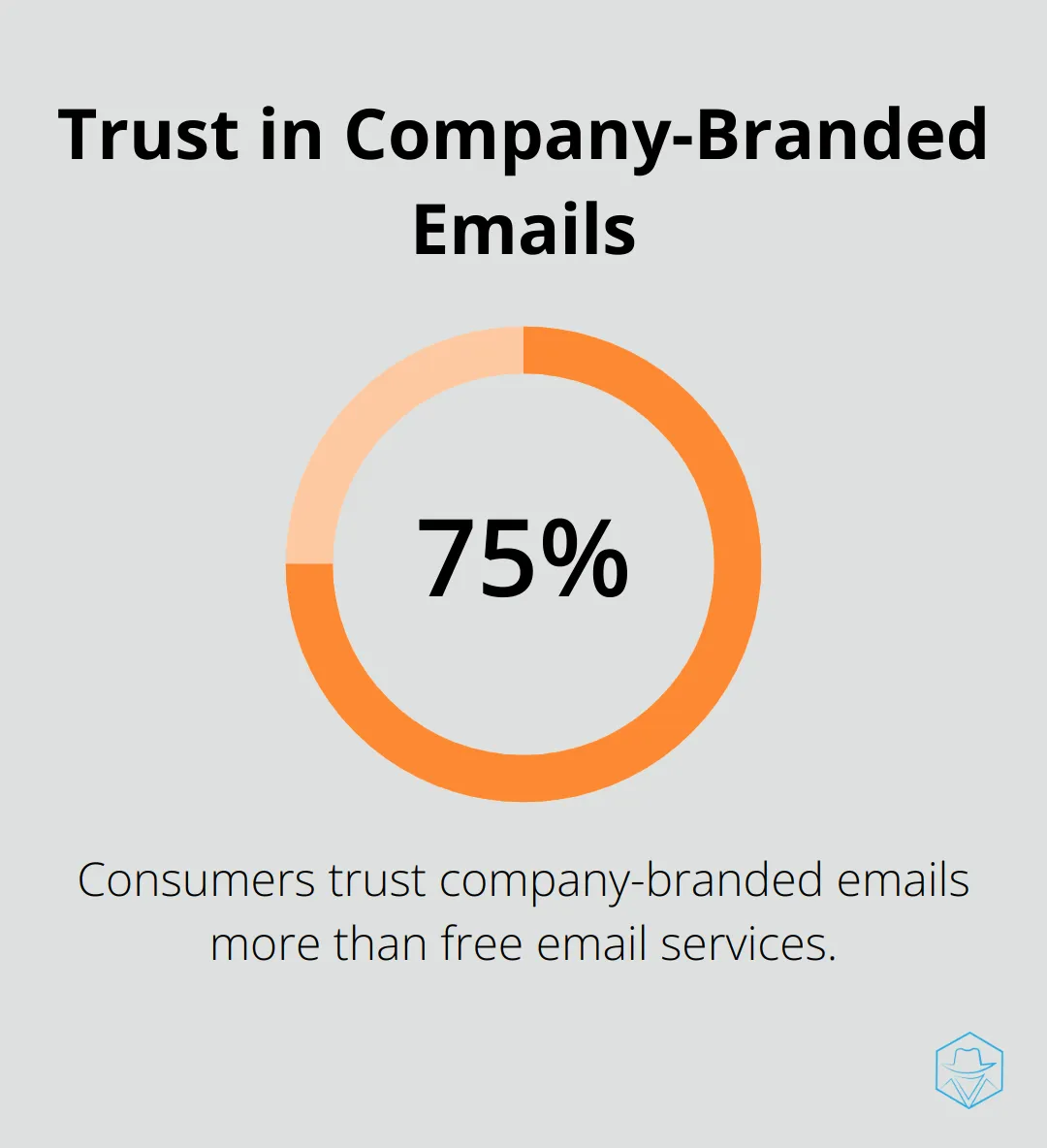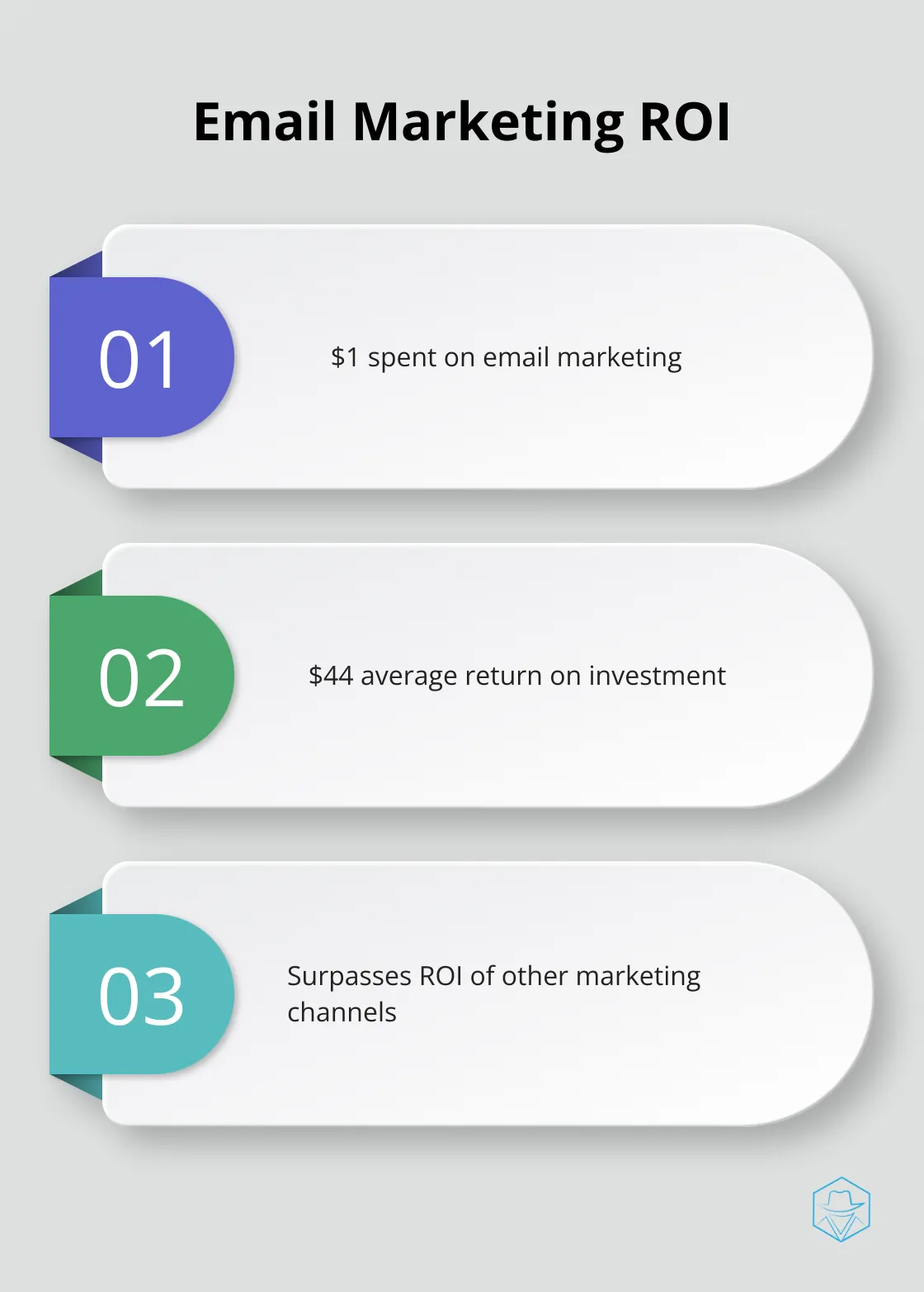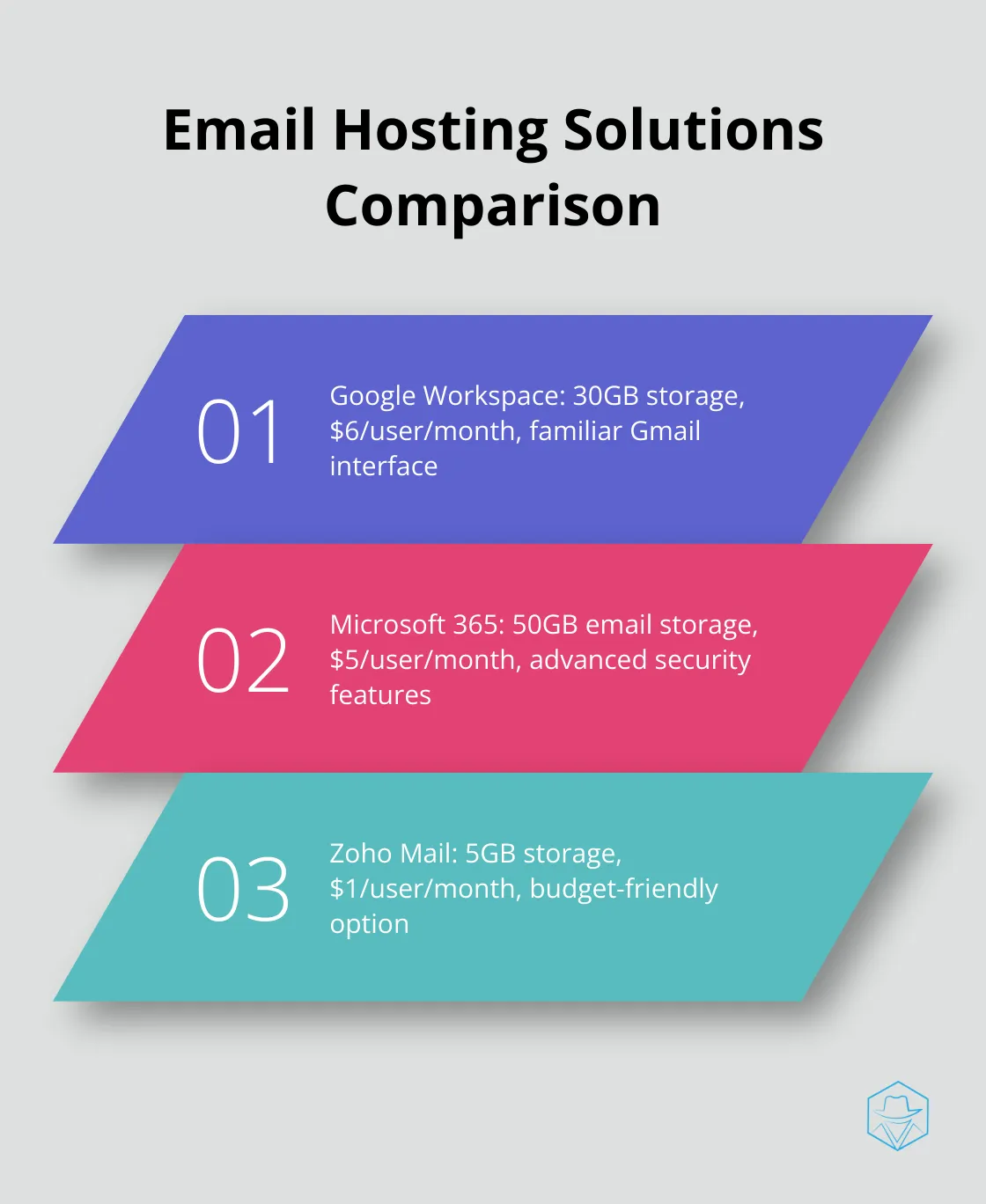Email Hosting Solutions for Shopify: What You Need to Know

At Drop Cowboy, we understand the importance of professional communication for e-commerce success. Email hosting for Shopify stores is a critical component that many entrepreneurs overlook.
In this guide, we’ll explore the best email hosting solutions for Shopify, their key features, and how to set them up. We’ll also provide practical tips to help you choose the right option for your business needs.
What Is Email Hosting for Shopify?
Understanding Email Hosting
Email hosting allows Shopify store owners to use custom email addresses with their domain name. Instead of generic emails like yourbusiness@gmail.com, you can use professional addresses such as sales@yourbusiness.com or support@yourbusiness.com.
Professional email addresses boost credibility and trust. When customers receive emails from an address that matches your store’s domain, they engage more with your messages and take your business seriously.
The Importance for Shopify Stores
Shopify doesn’t provide built-in email hosting, which requires store owners to seek third-party solutions. This extra step maintains a professional image and ensures reliable communication with customers.
A GoDaddy study found that 75% of consumers consider company-branded emails more trustworthy than emails from free email services. This trust factor significantly impacts open rates, click-through rates, and ultimately, sales.

Key Features to Look for
When selecting an email hosting solution for your Shopify store, consider these essential features:
- Storage capacity: Ensure sufficient space for all emails, attachments, and archives.
- Security measures: Choose providers offering robust spam filters and encryption to protect business communications.
- Integration capabilities: Select a solution that works seamlessly with Shopify and other tools (e.g., CRM software).
- Scalability: Pick a provider that accommodates expanding requirements as your business grows.
- Mobile access: With over 60% of email opens occurring on mobile devices (according to Litmus), mobile-friendly access is essential.
Impact on Revenue
Proper email hosting directly affects revenue. A Campaign Monitor report revealed that for every $1 spent on email marketing, businesses can expect an average return of $44. This ROI surpasses other marketing channels, making email a powerful tool for Shopify store owners.

Professional email hosting improves communication and establishes the foundation for effective marketing campaigns and customer relationships. This foundation leads to increased customer loyalty, higher conversion rates, and more sales for your Shopify store.
Now that we understand the importance of email hosting for Shopify stores, let’s explore the popular options available in the market.
Which Email Hosting Solution Is Best for Your Shopify Store
Google Workspace: The All-in-One Powerhouse
Google Workspace (formerly G Suite) stands out as a top choice for Shopify store owners. This comprehensive suite combines email hosting with productivity tools like Google Docs, Sheets, and Drive. The basic plan offers 30GB of storage per user, which expands to unlimited storage on higher-tier plans.
Pricing for Google Workspace begins at $6 per user per month for the Basic plan, making it an affordable option for small to medium-sized businesses. The familiar Gmail interface reduces the learning curve for team members, allowing for quick adoption.
Google Workspace’s powerful spam filtering (which uses machine learning) keeps inboxes clean-a critical feature for e-commerce businesses that rely heavily on email communication with customers.
Microsoft 365: Windows-Centric Integration
Microsoft 365 offers seamless integration for Shopify stores already using Windows-based systems. This platform provides 50GB of email storage per user, along with 1TB of OneDrive storage.
The Microsoft 365 Business Basic plan starts at $5 per user per month, slightly undercutting Google Workspace’s entry-level plan. Microsoft 365 excels in security features, including advanced threat protection and data loss prevention.
A key advantage of Microsoft 365 is its desktop application suite, which proves invaluable for businesses that require full-featured office software for their operations.
Zoho Mail: Budget-Friendly with Impressive Features
Zoho Mail presents an excellent option for budget-conscious Shopify store owners who don’t need a full productivity suite. It provides a clean, ad-free email experience with 5GB of storage per user on its basic plan.
The most attractive aspect of Zoho Mail is its pricing, which starts at just $1 per user per month for the Mail Lite plan. This makes it an ideal solution for small businesses or startups looking to establish a professional email presence without significant expense.
Zoho Mail also offers unique features like email recall and scheduled sending, which can prove valuable for e-commerce businesses managing customer communications.
Comparing Key Features
When selecting an email hosting solution for your Shopify store, consider these factors:
- Budget constraints
- Required storage space
- Need for additional productivity tools
- Security features
- Scalability options
Each solution offers distinct strengths, and the best choice will depend on your specific business requirements and growth plans.

As you weigh these options, remember that integrating your chosen email hosting solution with other communication tools can enhance your overall marketing strategy. For instance, platforms like Drop Cowboy can complement your email efforts with features such as ringless voicemail and SMS, creating a multi-channel approach to customer engagement. The next section will guide you through the process of setting up your chosen email hosting solution with your Shopify store.
How to Set Up Email Hosting for Your Shopify Store
Connecting Your Custom Domain
The first step to set up email hosting involves connecting your custom domain to your chosen email service provider. This process requires you to verify domain ownership and update your domain’s DNS records.
For Google Workspace users, you must log into your Google Admin console and add your domain. Google will provide a TXT record for you to add to your domain’s DNS settings. This step proves your domain ownership and allows Google to manage your email services.
Configuring DNS Records
After domain verification, you must update your DNS records to route email traffic correctly. This step ensures proper email delivery and functionality of your custom email addresses.
The specific DNS records to add or modify include:
- MX (Mail Exchanger) records: These direct email to your new email host’s servers.
- CNAME records: Used for email authentication and service-specific features.
- TXT records: Often used for SPF (Sender Policy Framework) and DKIM (DomainKeys Identified Mail) authentication.
Each email hosting provider will give you the exact records to add. Zoho Mail, for example, requires you to add specific MX records with priorities, a TXT record for SPF, and CNAME records for DKIM and mail client autoconfiguration.
Testing Your Setup
Once you’ve set up your DNS records, you must test your new email setup thoroughly. Send test emails to and from your new custom email addresses to confirm everything works correctly.
Troubleshooting Common Issues
If you encounter problems, here are some common issues and solutions:
- Emails not sending or receiving: Double-check your MX records and ensure they’re correctly set up with the right priorities.
- Emails going to spam: Implement proper SPF and DKIM authentication. These protocols help verify that emails genuinely come from your domain, improving deliverability.
- Autoconfiguration not working: Verify that you’ve added the necessary CNAME records for your email client’s autoconfiguration service.
DNS changes can take up to 48 hours to propagate fully. If you experience issues immediately after setup, wait a day or two before further troubleshooting.
Enhancing Your Communication Strategy
While email serves as a crucial communication channel, you can integrate it with other tools to create a comprehensive communication strategy. For instance, Drop Cowboy’s ringless voicemail and SMS services (when combined with email) can drive significant results for your business.
Final Thoughts
The right email hosting solution for your Shopify store will enhance your business credibility and boost customer engagement. Google Workspace, Microsoft 365, and Zoho Mail offer unique features to meet various business needs. Your choice should align with your budget, storage requirements, and security preferences.
Professional email addresses that match your domain improve open rates and deliverability, which can lead to increased sales for your Shopify store. Email hosting for Shopify forms the foundation of effective communication and marketing strategies. You can amplify your email efforts by integrating them with other channels.
Drop Cowboy provides ringless voicemail and SMS services that complement your email strategy. This multi-channel approach helps you connect with customers through their preferred communication methods. The combination of email hosting and additional communication tools will drive your Shopify store’s growth and success.
blog-dropcowboy-com
Related posts

March 30, 2025
Top HubSpot Alternatives: Which CRM Is Right for You?
Explore top HubSpot alternatives for the perfect CRM. Discover which CRM suits your business needs effectively.

April 17, 2025
Marketing Automation Strategy: Key Elements to Consider
Boost your marketing-automation-strategy by exploring key elements that enhance efficiency, drive engagement, and increase ROI.

April 9, 2025
Examples of Successful Marketing Automation Campaigns
Explore powerful examples of marketing automation campaigns that boosted engagement and sales, showcasing real-world successes.

March 9, 2025
White Label Ringless Voicemail: Is It Right for You?
Explore if white label ringless voicemail matches your business needs. Learn trends, pros, and tips in our comprehensive blog post.

March 13, 2025
How to Master Marketing Automation Best Practices
Optimize your strategy with marketing automation best practices. Boost efficiency, engage customers, and increase conversion rates effectively.

March 6, 2025
Text Message Marketing Statistics You Should Know
Explore text message marketing statistics to boost engagement and conversion rates effectively. Learn how SMS drives customer interaction.